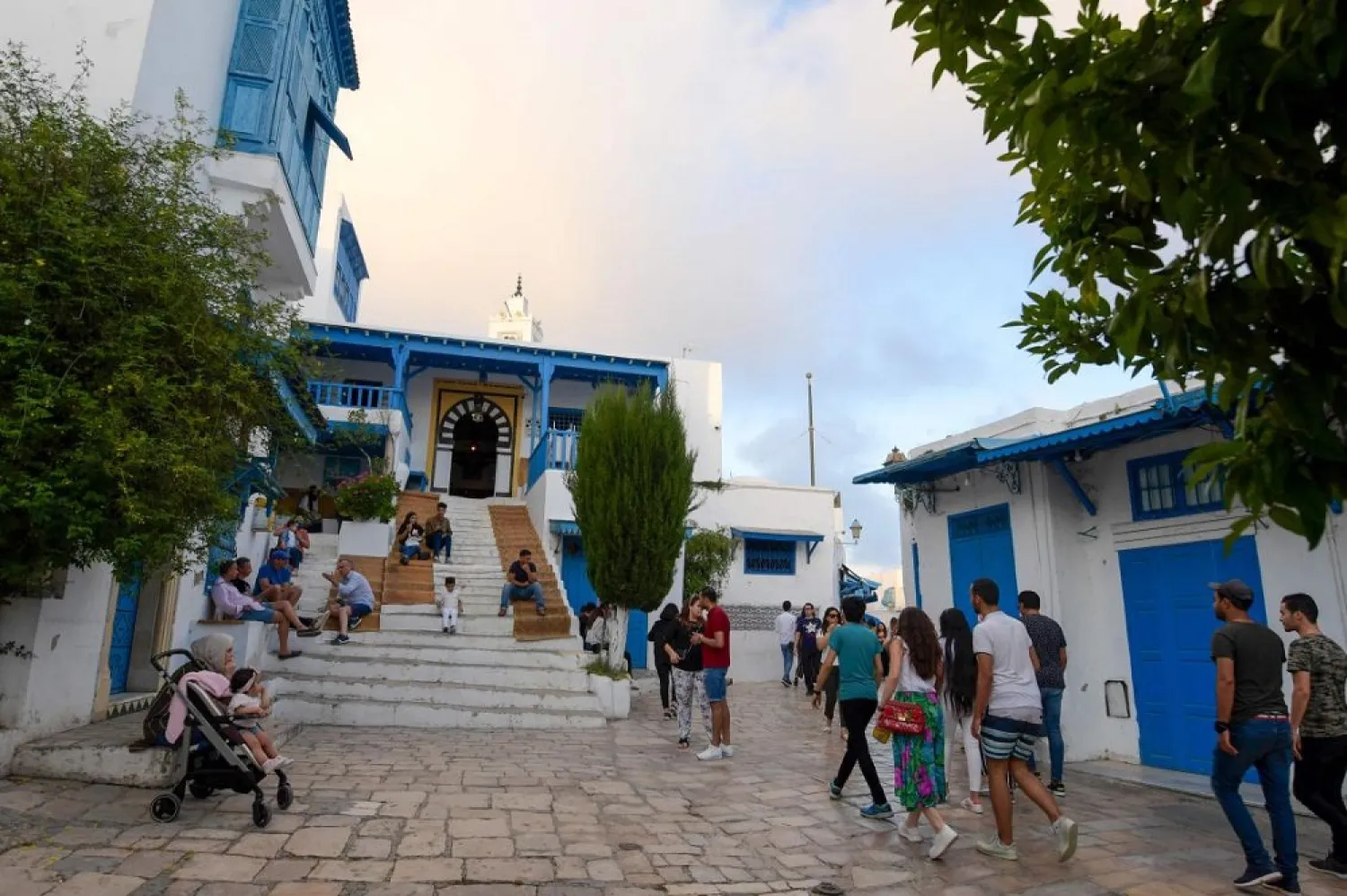Tunisian President Kais Saied on Monday ordered an end to a curfew imposed in March to help slow the spread of the coronavirus, his office said, citing success in controlling the disease.
Tunisia has already reopened shops, businesses, mosques, cafes and hotels after locking down nearly all normal business for months.
Tunisia in March closed its international borders, stopped all movement between towns and cities, shuttered mosques, shops, schools, cafes and restaurants, imposed a nightly curfew and stopped people leaving homes at day for most reasons.
It has recorded under 1,087 cases of the coronavirus and 49 deaths, compared with nearly 10,000 cases in neighboring Algeria. The only recent cases came from people arriving into quarantine from abroad.
Schools will stay closed to most students until the start of the new academic year in September and the government still restricts social gatherings at homes and urges the wearing of masks. International borders will reopen fully in late June.
Tunisia’s government has announced compensation measures to help businesses and needy families with the economic effects of the lockdown and has agreed a package of financial assistance from the International Monetary Fund.









